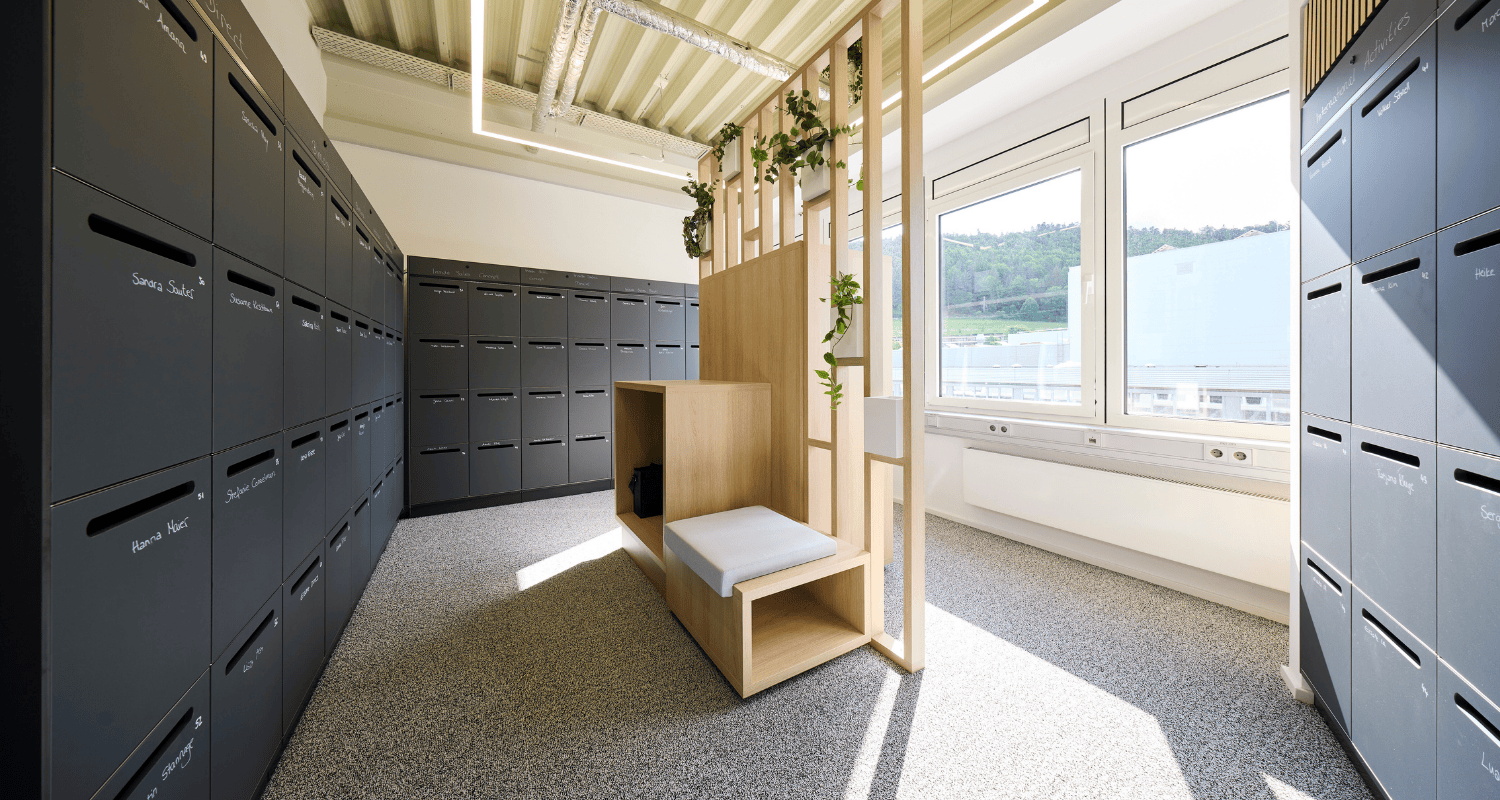Digital Workplace Booking in Companies: Understanding When a Works Council Agreement Becomes Essential


The modern working world is flexible, digital and often hybrid. Employees no longer come to the office every day, but share workplaces, plan their attendance and flexibly coordinate meeting rooms. Tools like goconut enable just that: simple, digital booking and organization of the workplace.
But what many companies overlook: The introduction of such systems is generally subject to participation. As soon as personal data is processed — for example when booking a desk or voluntarily recording working time — a works agreement with the works council is required.
Legal framework: Why workplace management software requires participation
The German Works Constitution Act obliges companies to obtain approval from the works council when introducing technical systems for monitoring conduct or performance. Even if a workplace management tool such as gococonut is not intended for monitoring, the mere possibility of evaluation — such as attendance or booking frequency — may be legally sufficient to trigger an obligation to participate.
This case law was confirmed in several court rulings:
- For example, the Baden-Württemberg Regional Labor Court ruled in December 2024 that the introduction of a desk sharing system with a clean desk policy is subject to co-determination. The court confirmed that the works council has a right of co-determination in such cases, as technical systems for organizing and monitoring the workplace process personal data.
- The Federal Labour Court has also clarified that the works council must have a say in the introduction of electronic time recording systems. Although the works council has no right of initiative to introduce it, the processing of personal data by such systems is subject to co-determination (source).
These rulings make it clear that digital systems that collect and process personal data — as is the case with tools for job booking or time recording — fall under the participation of the works council.
Works agreement for digital tools: What needs to be regulated
To ensure that the implementation is legally secure and trustworthy, a works agreement should define the specific purposes of use, such as booking workstations or meeting rooms. It must also be clearly described which personal data is processed, including name, booking times or team membership. Access to this data should be limited to clearly identified groups of people, such as IT or HR. It is also important that there is no performance or behavior monitoring, which is clarified by appropriate purpose commitments and evaluation requirements. In addition, it should be regulated how long data may be stored, when it is deleted or anonymized, and how changes to the system must be coordinated with the works council.
Best practice: This is how the implementation with the works council is successful
Successful deployment starts with transparency. Companies should involve the works council at an early stage and jointly formulate an agreement that describes the actual range of functions of the tool. Providers such as goconut often support the process with ready-made AV contracts, data protection notices and templates for works agreements. In this way, voting can be organized efficiently and at the same time the trust of all parties involved can be strengthened.
Conclusion: Use workplace management tools in accordance with the law
Digital tools for job booking, such as gococonut, have become an integral part of hybrid working life. But anyone who introduces them without a regulated works agreement risks legal uncertainties and resistance within the company. With a well-drafted agreement, companies not only secure the approval of the works council, but also promote acceptance, clarity and data protection. This makes technology a real added value for everyone.
Would you like a submission or assistance in coordinating with the works council? Then feel free to get in touch — we will advise you on the use of digital workplace booking systems.









